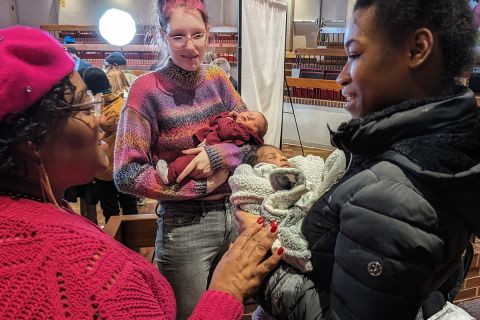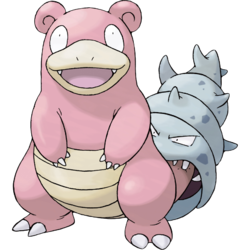- cross-posted to:
- usnews@beehaw.org
- cross-posted to:
- usnews@beehaw.org
FLINT—Eight days after entering the world, Khi’Meir Taylor made another debut — this time in what could be a national spotlight.
Wednesday was the first day of a $55 million experiment to test whether cash payments can protect children from the toxic stress of poverty.
Calling it now: They’ll find that it works, but then nothing will change once the experiment concludes. Bought and paid for politicians will protect the wealthiest instead of allowing the poor enough to get by, doing everything they can to prevent UBI from being widely implemented.
True, especially as many similar programs met the same fate.
I am looking forward to the results. It’s about time we start testing Universal Basic Income.
Really, we already have the results. And they’re good results. Every single resident of Alaska gets oil dividends. I don’t like that it’s how they have a UBI, but it does give them one and it does help. The only problem is that the amount entirely depends on the oil revenue generated by Alaskan oil in any given year.
Is it really every resident, or only legal US citizens?
I’m more interested in paying for domestic and reproductive work i.e. paying people to take care of their kids, cook their meals, mow their lawns, take out their trash, etc. Society can only function on the back of this unpaid labor after all.
UBI is okay too, though.
UBI achieves that because the person who does those things still gets an income without needing a job.
Yeah, and so does the person who doesn’t do those things. They receive the same amount, even though one person does more labor. Unfair.
to test whether cash payments can protect children from the toxic stress of poverty
The answer is yes. Obviously.
I keep seeing these pilot programs and small experiments in UBI, and they all prove that people prosper and thrive more when they have more money. Nobody is surprised. Was that ever even in question?
I want to see UBI experiments, plans, etc. that tackle large-scale implementation. We’ve proven “BI”; that was never the hard part. We need to focus on the “U”.
Removed by mod










